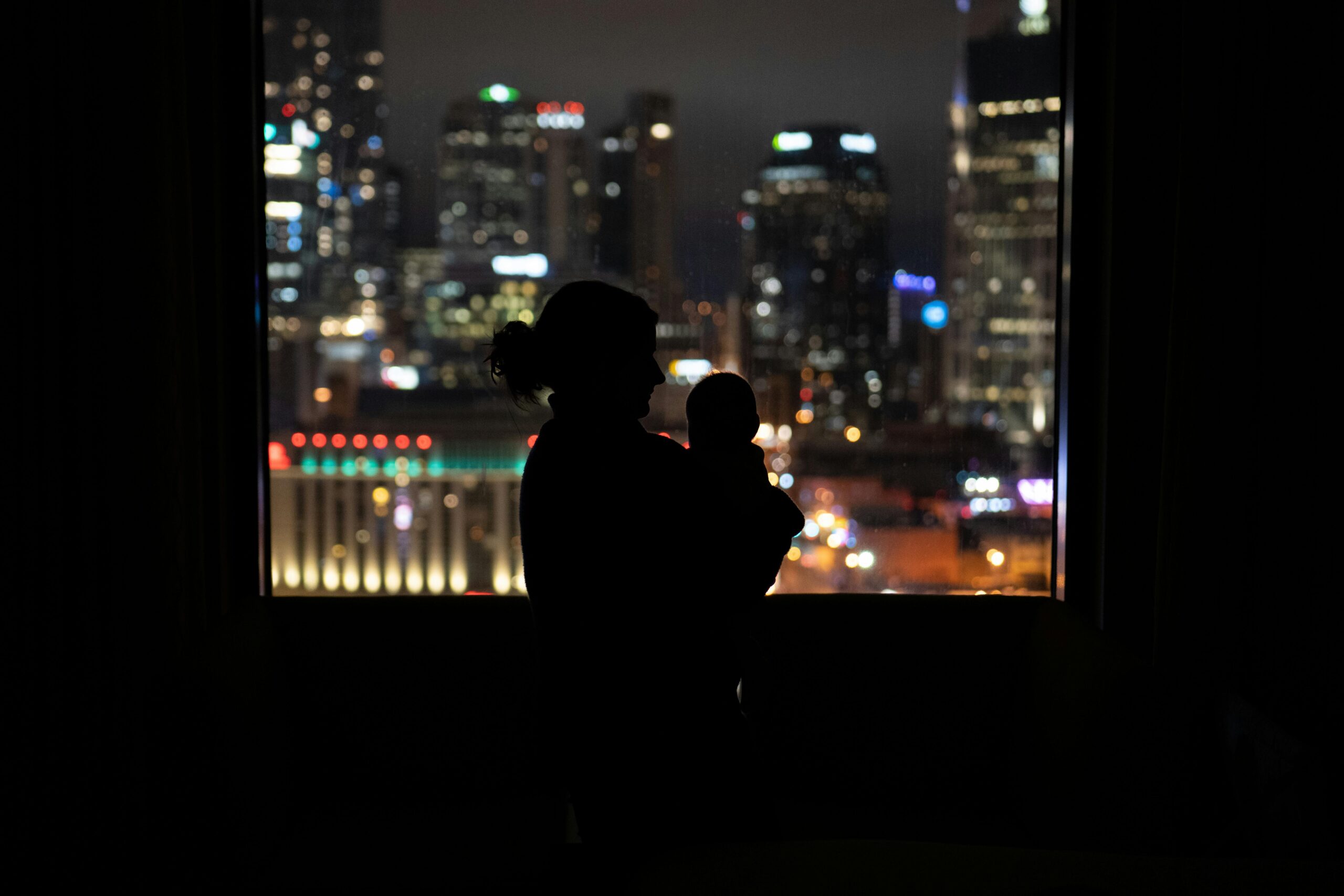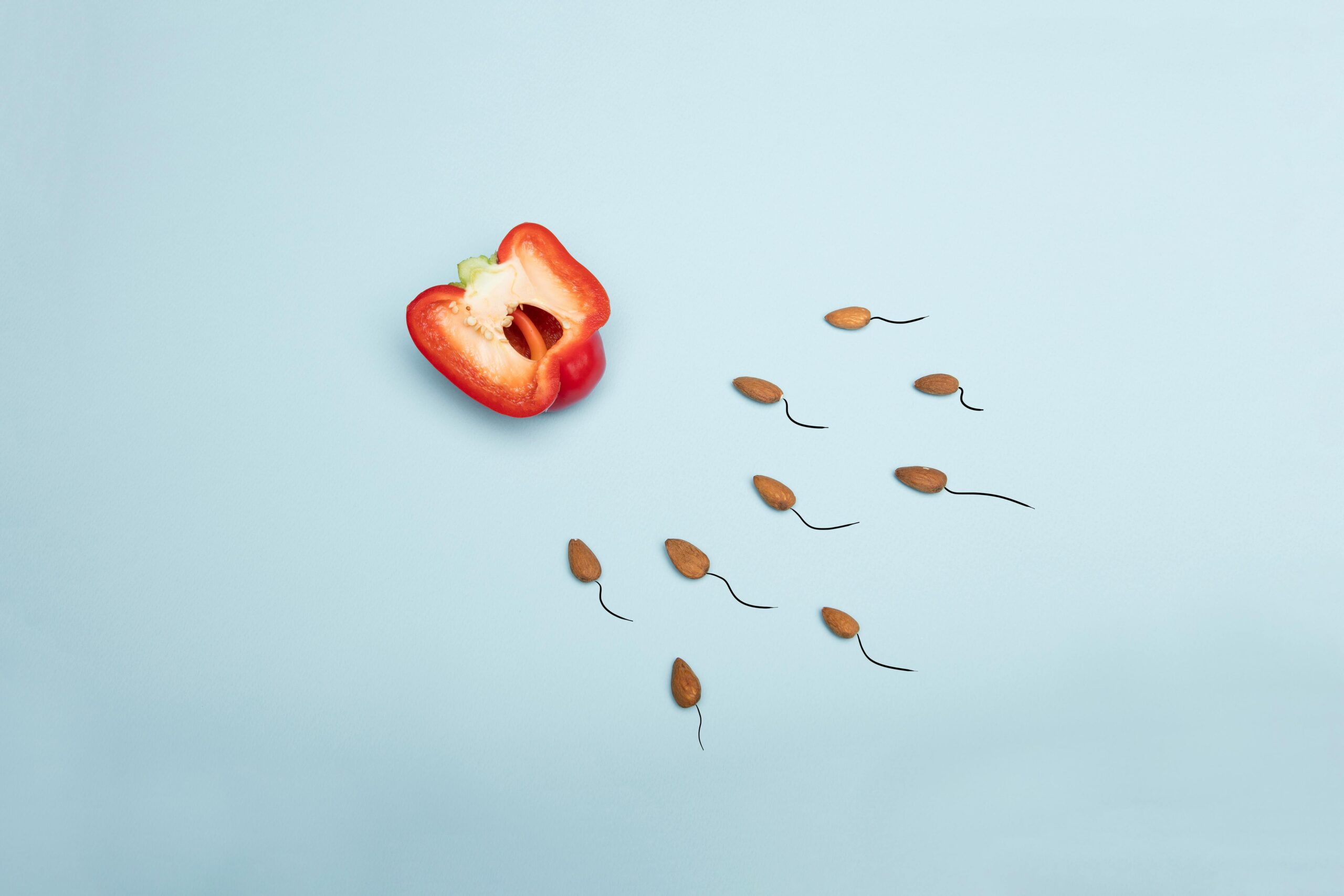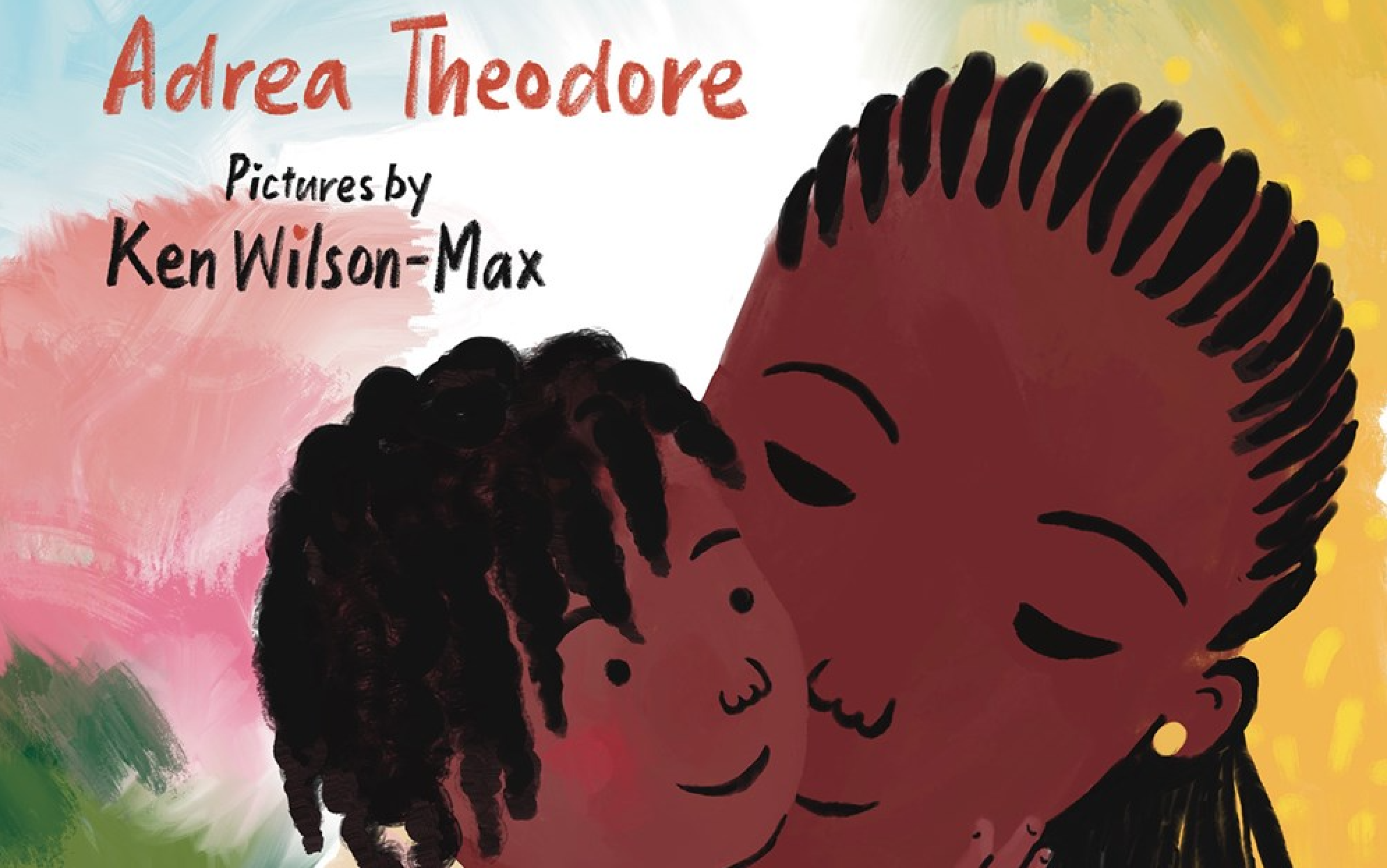
By Katie Tejada
If you look back at your childhood, you’ll likely find a few things that your parents did that differ from what you do today. And your parents would probably say the same thing about their parents. And their parents would have the same story about their parents. That’s because, although the fundamentals of parenting have remained the same over the past 100 years, a lot has changed as well.
Yes, parents a century ago dealt with temper tantrums, changed their fair share of diapers, and washed juice stains off of shirts. But they didn’t have to deal with the effects of digital devices on their children’s developing minds, and they typically didn’t have to worry about covering the cost of full-time daycare.
Here’s a rundown on the top ways that parenting has changed in the past 100 years.
Freedom & Independence
One of the top ways parenting has changed over the past 100 years is in the level of freedom that parents gave their children back then versus now. In the past, parents often let their children walk to and from school alone. However, the closer we got to the 2000s, the more “stranger danger” entered the public consciousness, causing parents to refrain from letting their children go out and about alone.
Now, rather than letting their children walk alone as early as second or third grade, parents allow their children to walk by themselves only once they’ve reached middle school or high school status.
Chores & Household Tasks
One hundred years ago, it was rare for fathers to help out with the chores. However, these days, you’ll find more dads pitching in at home when it comes to both household chores and child care. Research indicates that mothers still generally do more chores than men do, but this gap has narrowed during the past century—specifically since the ‘50s.
Household Structure
A century ago, people ended their marital unions just as they do today. However, unlike today, divorce at that time came with a social stigma that was deeply ingrained. This stigma has fortunately lessened. Still, this also means we have more single-parent households today than we did in the past. If you have a child and planning a divorce these days, you can worry less because you can hire a custody attorney to address your complications in securing your custodial rights. Research indicates that 93% of children who were born in America in 1964 had married parents. Meanwhile, this percentage dropped to just 59% in 2010.
The Age of Motherhood
Another way that parenting has changed in the past 100 years is that first-time mothers are older today than they were decades ago. Women with birth dates in 1910 began to have children at around 21 years old on average. Over 70% of these women became moms when they were under the age of 25. Today, many women are giving birth for the first time in their late 20s or early 30s—nearly a decade later.
The reason for this? In the past, strong societal pressure was placed on females to get married and bear children. Nowadays, more women are committing to their chosen careers before getting married and having children, hence the later childbirth ages in the 2000s.
Children’s Feelings and Mental Health
A key way that parenting has changed over the years is that more attention is paid to children’s mental health challenges today compared with a century ago.
During most of the 1900s, these types of problems were mostly concealed due to the social stigma attached to them. However, medical advances since then have allowed mental health treatments to become more widespread. This means more parents can help their children get the mental health help they need. This was especially valuable during the COVID pandemic, during which between 22.6% and 43% of children/adolescents reported being depressed.
Working Mothers
Parenting today is also different from parenting a century ago in that more mothers are working. Decades ago, it was common for working mothers to spend just a few hours a week in the workplace if they worked outside of the home at all. Meanwhile, in 2020, more than 81% of mothers who were employed and had children between the ages of 6 and 17 worked full-time, and more than 77% of mothers with children under the age of 6 worked full-time.
Sadly, the lack of affordable child care remains an issue for today’s working women. During the Great Depression in the 1920s, the government started to sponsor child care delivery programs, and these New Deal programs continued during World War II. They were later replaced with subsidies that linked government-sponsored daycare with welfare reform. Now, most programs tend to be for-profit programs, and unfortunately, since the ‘90s, daycare costs have risen twice as quickly as inflation overall.
Educational Toys & Games
Finally, parenting has changed during the past century in that parents mostly bought toys in the 1920s to comfort their children or help them to have fun. These toys included dolls and drawing materials. Meanwhile, parents today typically purchase high-quality toys to inspire and educate their children. For instance, some of today’s most popular toys include stacking games and marble run sets.
Approach Parenting with a New Level of Appreciation and Awareness
Parenting can no doubt be fulfilling in and of itself. There’s nothing like seeing your newborn child for the first time, or buying your kids the toys they’ve been waiting for. However, parenting has never been a walk through the park for any generation.
Fortunately, when it comes to tackling some parenting challenges, like potty training, we have past generations to draw on for lessons regarding what to do and what not to do. Still, each generation also has to go through certain challenges for the first time—like COVID—with the hope of positively impacting the generations to come.
Consider the above-listed changes that have occurred in parenting during the past 100 years as you strive to help your children today to become well-adjusted and happy adults in the decades ahead.


Katie Tejada is a married mother of six (and an animal mom of 12). In her spare time, she enjoys writing about the unique world of motherhood, pet care, and marriage.
















